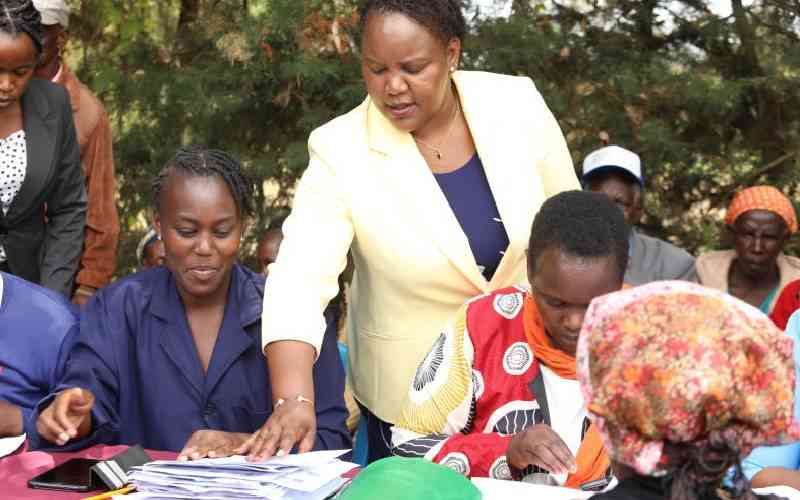×
The Standard e-Paper
Stay Informed, Even Offline

Families seeking to be enrolled in the Cash Transfer programme and have children in Charitable Children Institutions (CCI's) will be given priority.
According to Labour and Social Protection Principal Secretary Joseph Motari, the ministry will consider the children transiting from children's homes and orphanages when registering new beneficiaries in the Inua Jamii programme.